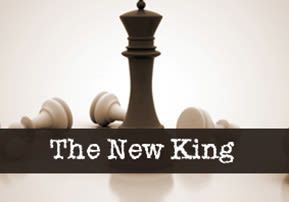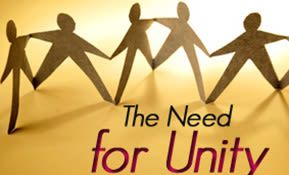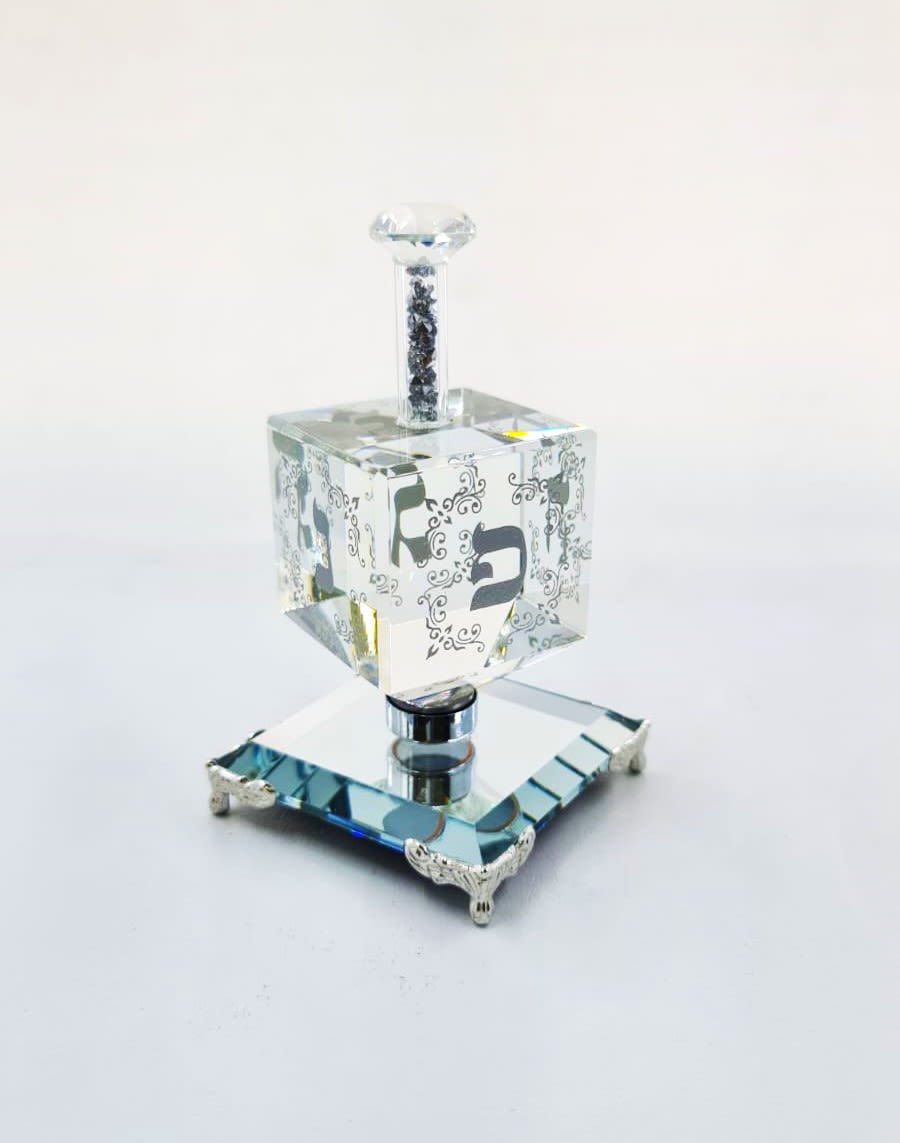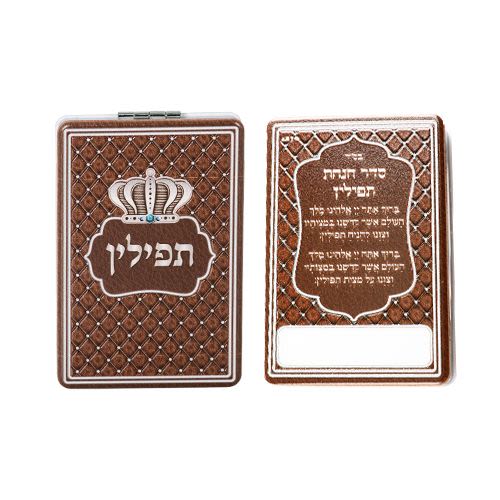
Shemot: The New King
Jewish contributions to non-Jewish society are not like money in the bank, that we can draw upon in future times of trouble...

ז וּבְנֵ֣י יִשְׂרָאֵ֗ל פָּר֧וּ וַיִּשְׁרְצ֛וּ וַיִּרְבּ֥וּ וַיַּֽעַצְמ֖וּ בִּמְאֹ֣ד מְאֹ֑ד וַתִּמָּלֵ֥א הָאָ֖רֶץ אֹתָֽם:
ח וַיָּ֥קָם מֶֽלֶךְ־חָדָ֖שׁ עַל־מִצְרָ֑יִם אֲשֶׁ֥ר לֹֽא־יָדַ֖ע אֶת־יוֹסֵֽף:
And, the Children of Israel were fruitful, and increased tremendously, and multiplied, and became very mighty, and the land was filled with them. And, a new king arose over Egypt who did not know Yosef… (Shemot 1:7-8)
When it comes to the Torah, the addition or subtraction of a letter can tell countless and deep stories. This is especially true of the letter “vav,” which can build connections between two seemingly unrelated ideas — connections that can save millions of Jewish lives.
In the case of verse seven and verse eight, the letter “vav” connects together the success and increase of the Jewish people with the coming to power of a new Egyptian king. By placing an “and” between these two “events,” the Torah, in effect, makes the second statement dependent upon the first one, as if to say, BECAUSE the Jewish people prospered so, a new king arose over Egypt, one, unfortunately for the next few generations of Jews, who did not know Yosef.
In other words, implies the “additional” letter “vav,” the new Pharaoh came to office not simply as a matter of history and politics. This Pharaoh — and all the pharaohs before and after him — came to power when he did because of the effect he was meant to have on the Jewish people, in this case to decree against them and to enslave them. Ultimately, Pharaoh was made leader of Egypt to pave the way for the miraculous redemption from Egyptian slavery, 116 years later.
And, “he did not know Yosef,” either. Some say that this Pharaoh once did, but acted as if he hadn’t (deliberate forgetfulness), and some say that he was born after Yosef had already died. It doesn’t make a difference in the end, because it means the same thing — IN EVERY GENERATION.
It means that Jewish contributions to non-Jewish society are not like money in the bank, that we can draw upon in future times of trouble. On the contrary, just like it happened in Egypt at the beginning of our history, and later in Spain in the middle of our history, and, more recently, in Germany and the rest of Europe, when antisemitism rears its ugly and destructive head, we become, quite amazingly and quickly, parasites, rather than contributors, to their society.
Contribute to our host society? If it doesn’t conflict with Torah values, why not? Depend upon those contributions to society as a hedge against antisemitism? It’s not a safe bet, but rather, a societal debt.
About ten years ago, while traveling through the States, I “chanced” upon a recent edition of “The New York Times Magazine.” Scanning it for interesting articles, I was taken aback by one that was about the so-called “survivalists,” groups of people, primarily in the Mid-West, but in other places as well, who were preparing for the “End-of-Days,” long before I and they had even heard about “Y2K.”
But that wasn’t what shook me up. What gave me a chill up and down my spine was how many times someone was quoted as saying something like,
“Yea, we have guns and ammunition … and we’re ready for the big one …”
“The big one?” the reporter asked.
“Yea, the war against the Jews … soon there’s going to be a big war against the Jews over the banks and this country of mine!”
The man, and many of his colleagues didn’t seem to appreciate the tremendous contribution the Jewish people have made over the years to the quality of American life. No, instead, he and many others only saw an invasion of Jews, people multiplying throughout “his” land, and gaining tremendous power over “their” banks.
Talk about misconceptions! Hah! We still only make up, let’s say, roughly one percent of the American population. And, we’re certainly not “everywhere”! And own the banks? We wish! You have to admit, this guy’s got his facts all wrong!
But then again, so did Pharaoh. And, then again, so did Ferdinand and Isabella. And, Hitler certainly had the wrong profile of the Jewish people!
However, does it really make a difference in the end whether they are right or wrong in their own minds? Perhaps in the very end it does. But, in the short run, they have convinced themselves and many others along the way, and they are still convincing people, and we, the poor Jewish people, have to suffer for their gross errors in judgment.
One could complain bitterly against Heaven for such gross injustices against the Jewish people, and mankind in general. However, like a silencing finger across the lips, that little “vav” comes and reminds us of the connection between verse seven and verse eight of this week’s parshah, and, most important of all, which posuk comes first:
And, the Children of Israel were fruitful, and increased tremendously, and multiplied, and became very mighty, and the land was filled with them.
Then, and only then, does this verse follow:
And, a new king arose over Egypt who did not know Yosef…
The mission of the Jewish people is to be a “light unto nations.” The purpose of exile is to do this while living among the non-Jews, since we failed to do this while living on the land. Failing to be a strong enough light to the rest of the world FROM Eretz Yisroel, we, the individual “candles” of the nation, were sent into exile to radiate our light close up.
If we do, then we become the heroes of society, and we merit the “red-carpet” redemption. If we don’t, and our light grows even dimmer while living among the non-Jews, and, G-d forbid, we even begin to turn to them for light, then redemption comes in a far less pleasant manner — in the guise of leaders who have no problem disregarding our role in building their country and even putting them into power.











1/13/2012
So true, excellent article!
1/13/2012